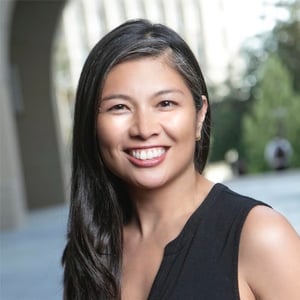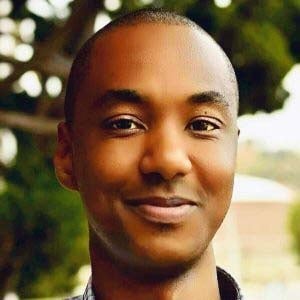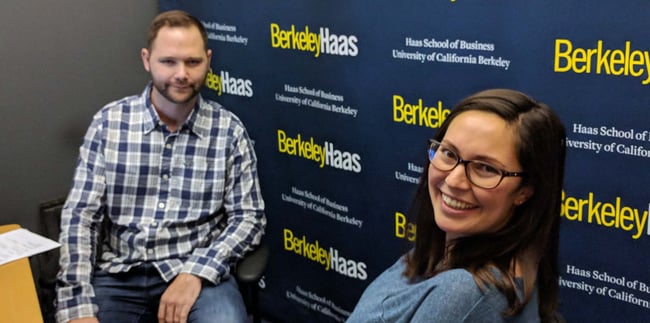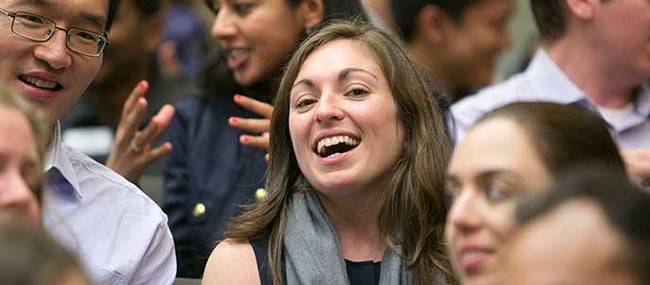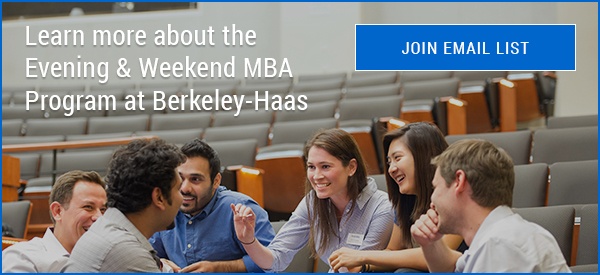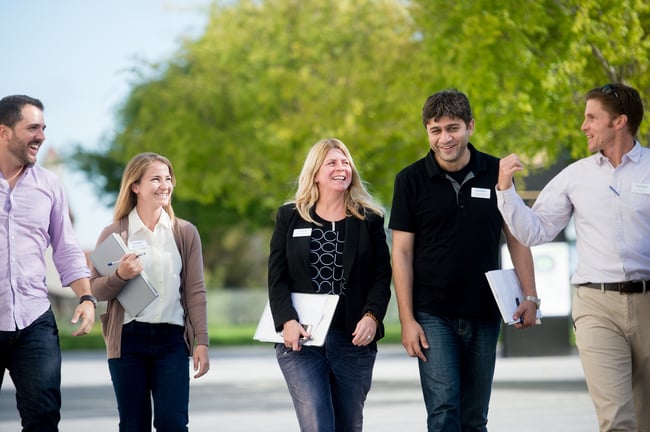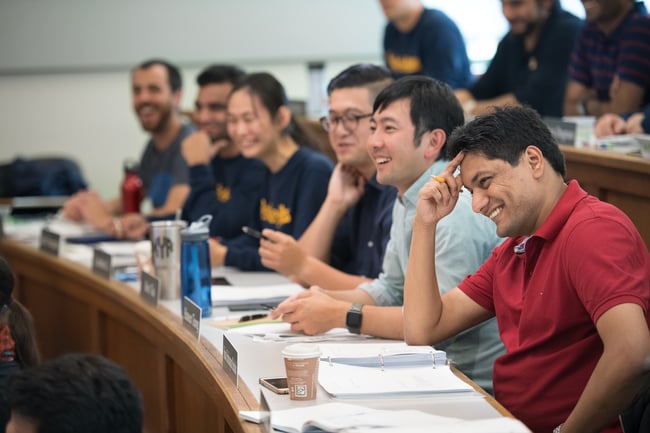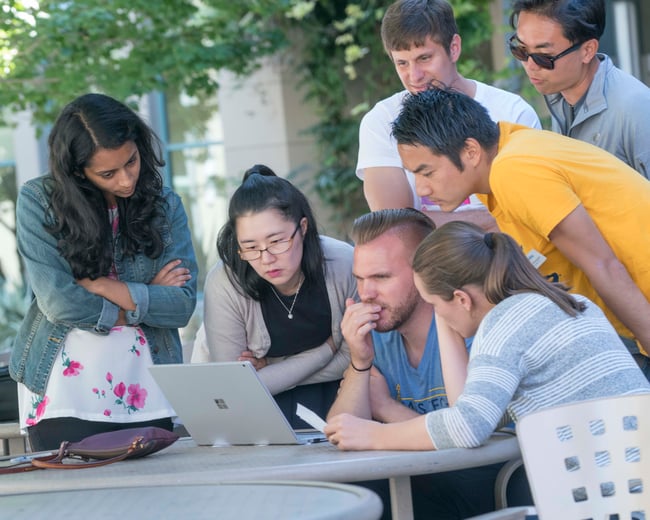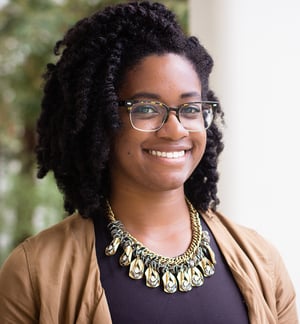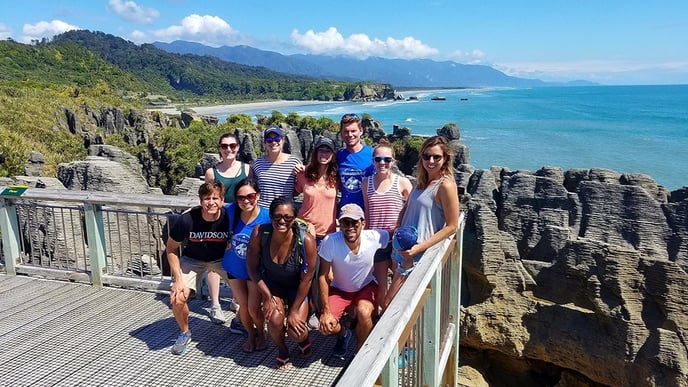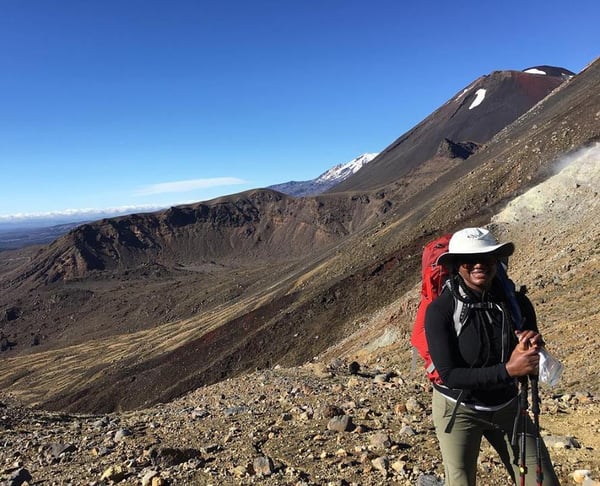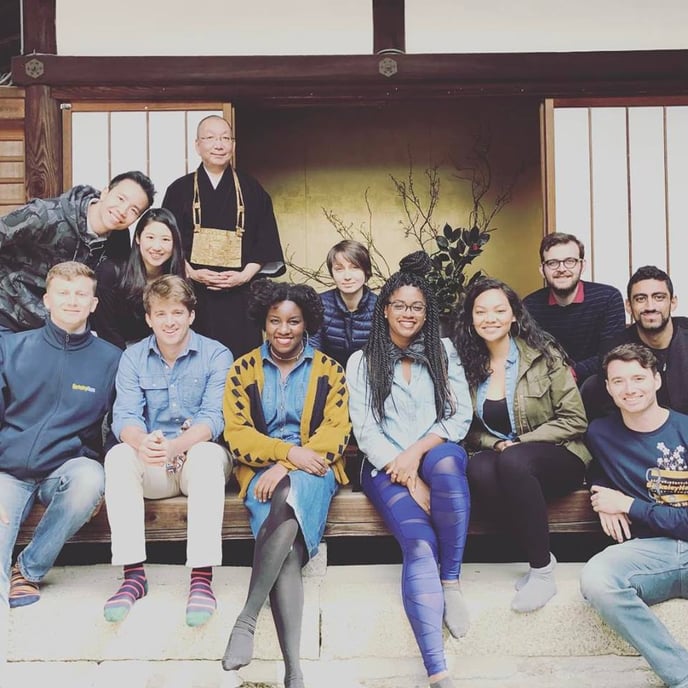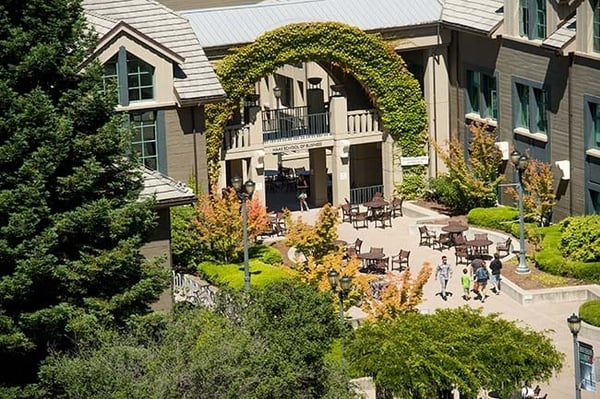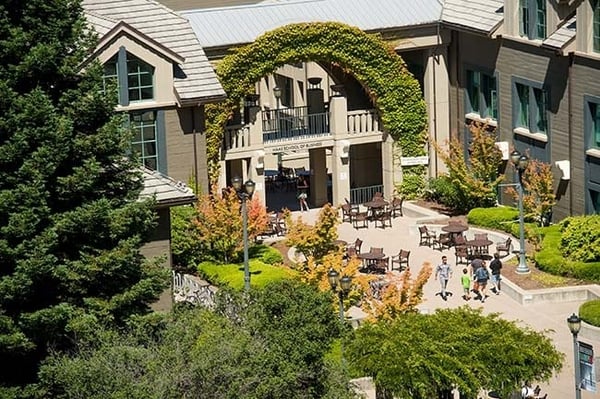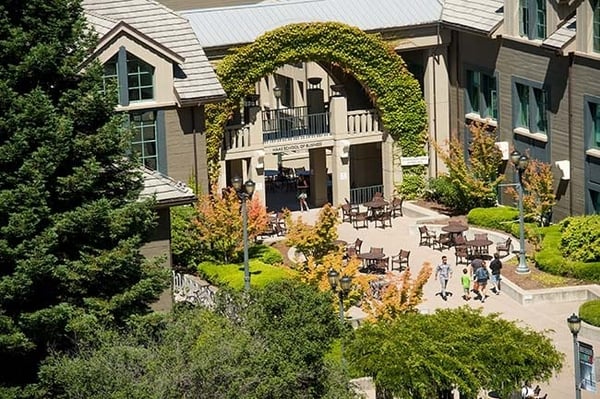Events & Promotions
|
|

GMAT Club Daily Prep
Thank you for using the timer - this advanced tool can estimate your performance and suggest more practice questions. We have subscribed you to Daily Prep Questions via email.
Customized
for You
Track
Your Progress
Practice
Pays
Not interested in getting valuable practice questions and articles delivered to your email? No problem, unsubscribe here.
- Nov 20
10:00 AM EST
-10:30 AM EST
If you’re applying to Columbia, NYU Stern, or Yale SOM, you need more than strong stats. Each school defines “leadership” differently, and your essays must reflect that. Join Sia Admissions founder, Susan Berishaj on November 20th - Nov 20
09:00 PM IST
-10:00 PM IST
Join our free expert-led Essay Workshops to discover how to choose impactful stories, highlight your core values, and align your background with each school’s distinct culture, making every word truly count. - Nov 20
07:30 AM PST
-08:30 AM PST
Learn what truly sets the UC Riverside MBA apart and how it helps in your professional growth - Nov 21
08:30 AM EST
-09:15 AM EST
Get the inside scoop on what makes Emory’s Goizueta Business School great, learn how you can present a strong MBA application, and connect with an Admissions Director to get your questions answered. - Nov 21
09:30 PM IST
-10:30 PM IST
Learn how to craft powerful, authentic essays by mastering the 3 “WHYs” every top MBA program looks for: Why MBA, Why Now, and Why This School. - Nov 24
08:00 PM PST
-09:00 PM PST
Inquire for a free profile evaluation and guarantee statement for possible admits and scholarships!
Kudos
Bookmarks
| FROM Haas Admissions Blog: Berkeley executive and part-time MBA application tips: the GMAT |
 For Berkeley EMBA student (and now podcast co-host) Manoj Thomas, taking the GMAT meant taking a standardized test for the first time in nearly 20 years. "It did stress me out in the beginning," he admits. In this MBA application tips podcast, he shares his experience and exchanges tips with Susan Petty, admissions director for the Berkeley MBA for Executives Program. They discuss exam requirements for the executive and evening and weekend MBA programs at Berkeley Haas—and share insights to help you prepare for the GMAT, GRE, or Executive Assessment. 
|
This Blog post was imported into the forum automatically. We hope you found it helpful. Please use the Kudos button if you did, or please PM/DM me if you found it disruptive and I will take care of it.
-BB
Kudos
Bookmarks
| FROM Haas Admissions Blog: Which MBA Schedule is Right for You? |
|
Business schools offer the option to study full-time or part-time so that there is a format to fit everybody—no matter where you are in your life or career. Choosing the right MBA schedule can be tricky, but if you learn a little more about each program type and ask yourself the right questions, you can find the option that suits your goals and lifestyle. Determining which MBA schedule is right for you will depend largely on what you can afford to give up, what you want to get out of the program, and how you can best ensure your own success. How schedules work for full-time MBA Programs For a full-time MBA program, you need to be willing to give up your job and your salary for a couple of years, as it’s difficult to work part-time, and virtually impossible to work full-time, while you earn your degree in a full-time program. The trade-off is giving yourself two years to focus exclusively on laying the groundwork for what you’d like to do in your career. You’ll also enjoy ready access to internships, case competitions, consulting engagements, and other learning opportunities that let you try out different roles and industries while building your skills. The median age for full-time MBA students tends to be about 28 years old. They have an average of five years of pre-MBA work experience. Take a look at the class profile for the Full-time Berkeley MBA Program for reference. 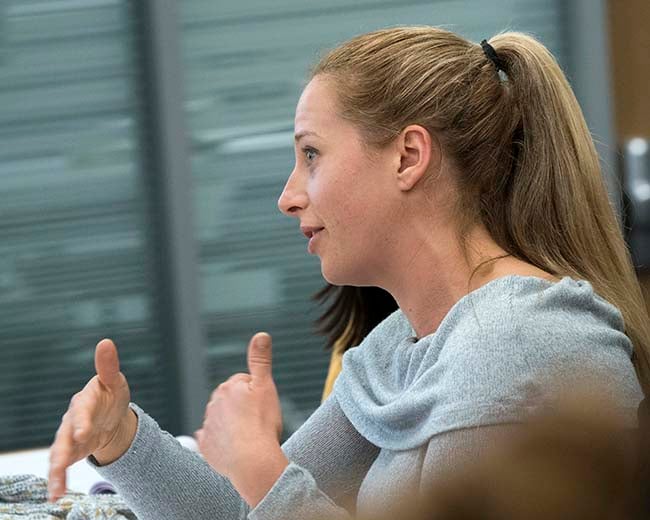 "Prior to business school, I worked in the education sector, says Farah Dilber, a recent graduate of the Full-time Berkeley MBA Program and now an associate with McKinsey & Company. "After four years in my last role, I started to seek outside opportunities and found other employers were looking for a more professionalized skillset. I knew I needed an MBA if I wanted more career optionality." 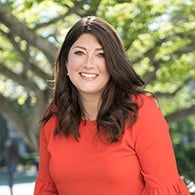 “I decided to do full-time for three reasons,” says Farah. “First, I could devote the time needed to make a major career shift. Second, I think full-time student status signals real commitment to potential employers about making that career shift. Third, I wanted to immerse myself in social and extracurricular activity that a work schedule just wouldn’t have allowed.” How schedules work for part-time MBA programs Part-time MBA programs let students continue working while they earn their degree. The primary ways of earning an MBA part-time are through an evening and weekend MBA (EWMBA) program or an executive MBA (EMBA) program. 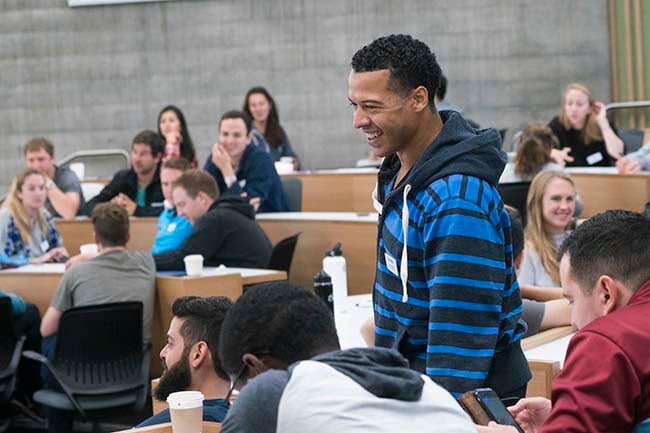 In an evening and weekend MBA program, students usually attend classes in two evenings a week or all day on Saturday, though some programs may require a combination of evening and weekend study. EWMBA students are usually around 30 years old and typically have five to seven years of pre-MBA work experience. See the class profile for the Berkeley Haas EWMBA for reference. 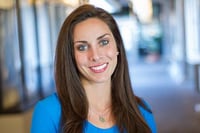 Student clubs and other extracurricular activities are generally open to part-time MBA students, but it can be difficult to balance work, school, and extracurricular in additional to personal or family commitments. Kate DeLeo, a recent graduate of the Berkeley Evening & Weekend MBA Program and an associate with Deutsche Bank Securities, has found that some prioritization is required. “Being a part-time student with a full-time job requires you to distinguish between what’s really important and what’s moderately important,” says Kate. She also notes part-time programs foster a strong sense of community. “I enjoy the opportunities we have to get together outside of class and the Program Office really helps with that. Just one example is that we ended Saturday classes early one day for a tailgate party and football game. That’s when you get to further build your friendships.” Another part time option is an executive MBA program. These programs tend to be shorter in duration and offer block scheduling, with classes in two-to-three-day bursts every few weeks. They are also residential in nature, with students staying together near campus to facilitate studying and relationship-building.  Not all of the students are executives, but they do tend to have more work experience than is found among students in other MBA scheduling options. The average EMBA student is 36 years old and has a decade or more of work experience (Here's our EMBA class profile). You can often learn as much from your classmates as you can from the curriculum, according to strategy and finance consultant Robert Ethier, a student in the Berkeley MBA for Executives Program. “Getting an executive MBA seemed the most efficient way to expand my skillset while expanding my network among classmates in fields that are as different as possible from mine. I calculate that at least half of what I’m learning is coming from my classmates,” says Robert. As for the bonding experience, Robert says, “I truly feel that every one of my classmates wants me to be as successful as possible, and they know I feel the same way about them.” Compare Berkeley MBA programs As you choose the MBA format that's right for you, it's worth comparing a business school's full-time, part-time, and executive MBA programs to see how the different schedules might work for you and to find your best match for desired campus experience, peers, and faculty. For example, Berkeley MBA programs all confer the same degree, deliver an on-campus experience, and draw from the same faculty pool. The main differences are in program duration, delivery schedule, and peer group. Take a look at our program comparison. Seven questions to ask yourself when choosing an MBA schedule Conducting a brief self-assessment can help you choose the right MBA program. Here are a few questions to ask yourself that can guide you to an MBA schedule that fits your needs:

|
This Blog post was imported into the forum automatically. We hope you found it helpful. Please use the Kudos button if you did, or please PM/DM me if you found it disruptive and I will take care of it.
-BB
Kudos
Bookmarks
| FROM Haas Admissions Blog: How to be an MBA "leader amongst leaders" |
As one of the dozens of clubs and organizations that students in the Full-time Berkeley MBA Program can get involved with, the MBA Association student government is the one that touches on the most aspects of the student experience. From class-wide social activities to communications to academics to building future alumni connections, MBAA leaders take on highly visible roles. In many ways, the MBAA is the glue that holds a class together.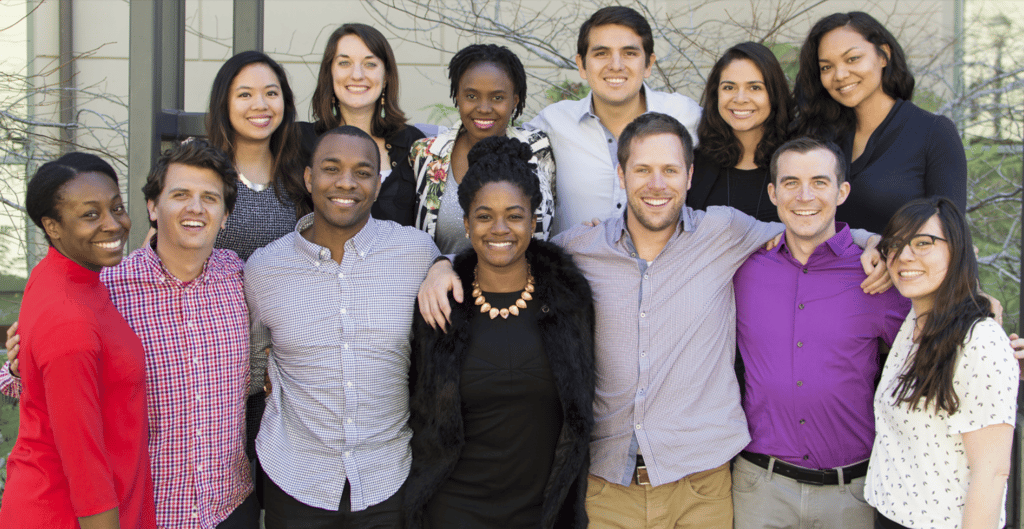 The 13 outgoing officers in the MBAA Class of 2018 were an exceptionally diverse group that set four specific goals for themselves:
Students profiled: Paul Norton, VP of Communications (1st row, 2nd from right), is a student in the MBA/MPH joint degree program. He came to Haas because "its academic strength in healthcare, culture of redefining what success means in business, and location in the Bay Area were perfect for someone looking to make big changes in the healthcare industry." Gabriela Belo, VP of International (2nd row, 2nd from right), is a management consultant from Brazil. She decided to come to Haas because of its culture, and to dive deeper in the tech industry. Mark Angel, VP of Admissions (1st row, 2nd from left), worked as a management consultant in Charlotte, NC, and for a protein bar startup, RXBAR before pursuing his MBA. An undergrad biology major in undergrad, he came to business school to supplement his work experience with business fundamentals. "However, I chose Haas for the community. Grounded in the Defining Principles, it truly is unparalleled. After Haas, I will be returning to management consulting, but as a much more open, intentional, and thoughtful leader." Adrian Williams, VP Social (1st row, 3rd from left), is originally from Atlanta, but came to Haas via New York City—where he plans to return after graduation to work in investment banking. He chose Haas "because of its Bay Area location and the incredible level of civic engagement that I felt from the student body." Kenny D'Evelyn, VP of Alumni (1st row, 3rd from right), grew up in Evergreen, Colorado. Before attending Haas, he worked as a management consultant for Deloitte in Washington, D.C, helping big donor organizations like the UN and the World Bank align their talent with their mission. 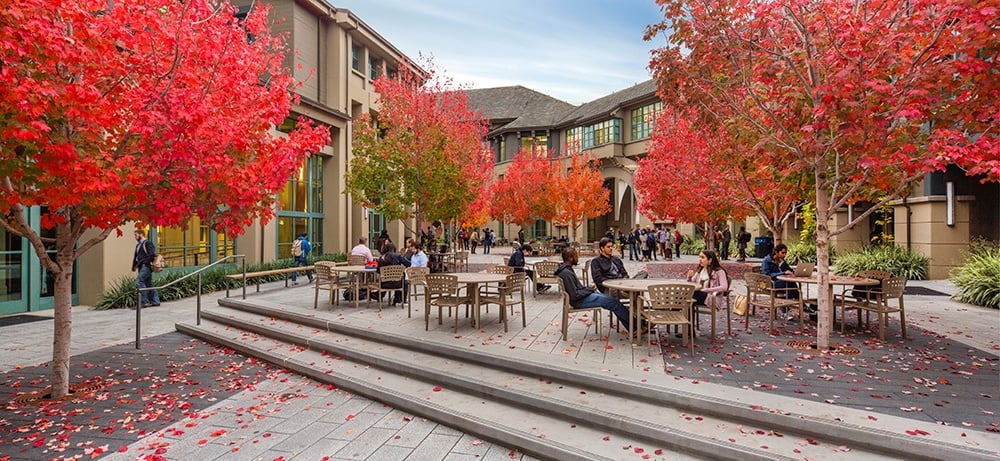 Above: The Haas courtyard. Photo by Ed Caldwell. Why did you want to serve in an MBAA leadership role? Paul: "I saw a huge opportunity to rethink the way we share information at Haas, a huge challenge that almost every organization is struggling with as new tools emerge more quickly than we can keep up with the changes. I also really liked some of the other people running for officer positions and thought it would be a fun team to work with." Gabriela: "I realized the potential to give back to the community that welcomed me so well." Mark: "The previous year's VP Social told me she joined the MBAA to learn what it meant to be a 'leader amongst leaders.' I connected with that sentiment and ultimately chose to run to figure out what that meant for myself. More specifically, helping people find a sense of a community in a place has long been a passion of mine. VP Admissions was the perfect fit." Adrian: "I've always been enamored with culture—how it's created, and how people interact with and consume it. I found that being VP Social provided an opportunity for me to help shape Haas culture and the experiences of my classmates." Kenny: "I saw the MBAA as a very practical way to help refine and maintain our culture and to give back to my classmates." 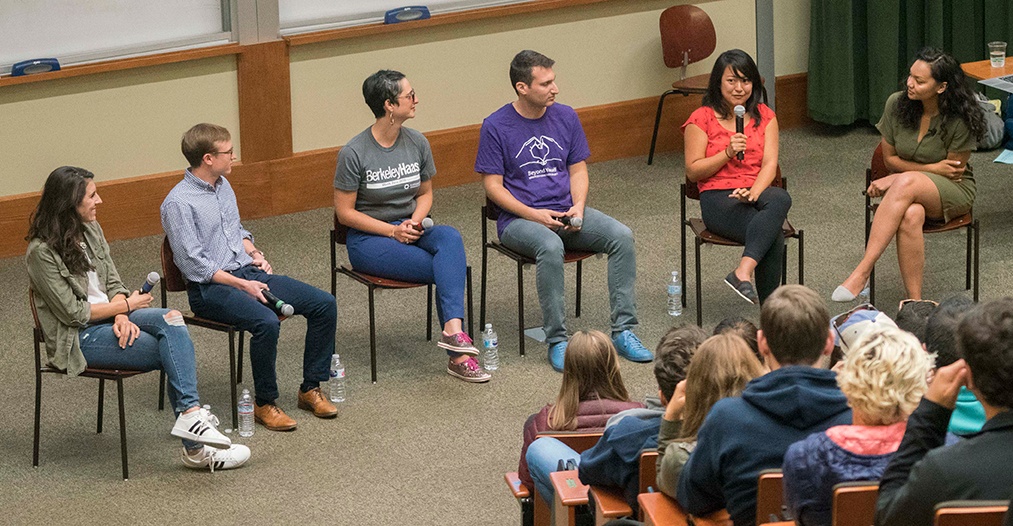 Above: A diversity panel during MBA orientation week last August. Photo by Jim Block. The MBAA has always had a VP of Diversity (a role held by Erin Gums in your class), but you also made diversity and inclusion part of everyone's role. Why? And how was it part of your role? Gabriela: "Because we understood that diversity manifests in different shades and perspectives and that this is not only the role of VP of diversity, but also all other VPs and students. An example of something we did was to work as a group to create a 'Hot Topics' session about immigration, in which international students shared their stories and why they want to migrate to the US." Adrian: "This was a part of everyone's role quite simply because in some way, all of our roles touch this very important issue. For me specifically, I've been intentional about creating environments that are inclusive of all in the Haas community (and their families). Because I can't see in my blind spots, this has also meant that I'm continuously processing critical feedback from classmates to make the environment more diverse, equitable and inclusive. A cople of things I did as VP of social: Kidsloween, which gave an opportunity for the kids of Haas to show off their costumes and enjoy pizza, and activities; and Soundboard, a chance for Haasies to tell stories through music in the courtyard." Mark: "Diversity is for everyone, and inclusion makes an organization better. Ensuring Haas has a diverse student body population is essential to cultivating global leaders seeking to solve tough problems. Admissions has a key role in making sure groups are represented in each incoming class. One thing we did was to revamped the admissions phone-a-thon' process to ensure students who reported interest in affinity clubs were connected with current students in those clubs more directly. We are currently partnering with student-led Race Inclusion Initiative and the executive director of admissions to coordinate a workshop on how to improve recruitment and retention of underrepresented minority students. Kenny: "Having a primary goal about diversity confirmed our commitment to Berkeley becoming the leader in inclusive business education. We wanted to help put systems in place to prepare Haasies to lead diverse, inclusive teams and to demand that their organizations reflected those same values. As VP of Alumni, that primarily meant making sure the diversity of our alumni was represented in our on-campus panels and networking events." 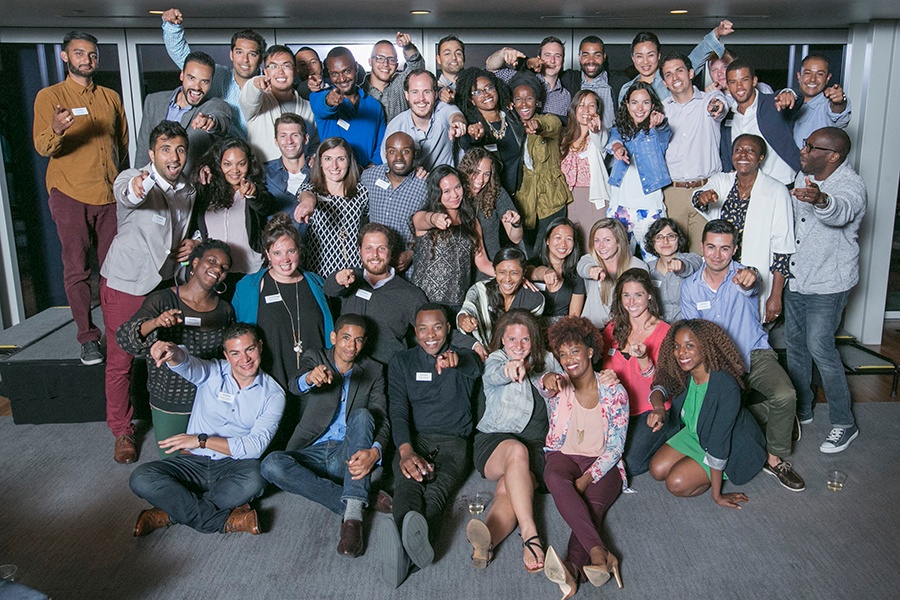 Above: Students in the Class of 2018 at an Orientation Week event. Your MBAA leadership team also set a goal of "fostering a community that is truly global." Why was that of top-level importance? Mark: "Almost 40% of Haas is international. This community represents a unique opportunity to engage with and learn from other cultures—something we have not done a great job of in the past. We want to further make connections across cultural differences to better understand one another, broaden our perspective, and best prepare ourselves to lead in an increasingly global world. One thing I did from the admissions perspective was to add more money in my budget to help fund coffee chats internationally—something we hope to launch for this winter." Gabriela: "It is of top-level importance because Haas brand has a tremendous potential to be more explored outside of the Bay Area. Also, when students are signing up for an MBA program at a top global business school, they are willing to have an experience that encompasses the global challenges that executives face. Some things we did were to program initiatives to increase the contact between international and domestic students, such as the buddy program, and the international 'consumption function' and dinners. We also gave more support to students that are organizing international trips to their home countries. Another mark of last year was to create the Africa Business Club."  Above: Running in the Berkeley Hills. Photo by Ed Caldwell. Another MBAA priority was to "normalize a culture of self-care." Why is this so important? Paul: "In my role of VP Communications I spend a lot of time thinking about how to prioritize the information that students get. The goals of the MBAA around diversity, equity & inclusion, fostering a global community, and normalizing self-care served as great anchors when figuring out what to prioritize in messaging the MBAA sent out." Mark: "We realized many of our classmates, particularly in the first year, had put taking care of themselves on the back burner. In many conversations, people talked about how they had stopped working out or weren't cooking healthy food at home as much anymore. That was a problem—business school is busy, but so will our work lives. We need to learn how to prioritize ourselves in order to be successful." Kenny: "Getting an MBA should be transformative, but if you're too stressed to enjoy it that won't be the case. The work members of our group have done around this—especially Tiff—has helped me prioritize taking the small but important chunks of time I need to reflect and just be still." Gabriela: "Prioritizing selfcare is important because b-school is overwhelming and learning how to prioritize and stay healthy physically and mentally can be challenging." What have you personally gained from your MBAA leadership experience? Gabriela: "So much! I learned the challenges of managing an organization with super-talented people and a turnover of 50% every year! Dealing with the short-long term trade-off is critical. Also, it is really gratifying to work with the program office, to collect feedback from students and implement changes. I am so honored to serve this amazing community, and I am really grateful for this opportunity." Paul: "Number 1: Learning how to work with large, diverse teams with widely varying opinions and experiences. I have never had the chance to work with a group of people that had such varying experiences and perspectives and will always be grateful for that. And number 2: Getting to know an amazing group of people that I may not have otherwise crossed paths with. All of us run in slightly different circles in terms of our academic, career and social lives and the MBAA has served as a chance to bond with a group of people I may not have otherwise known." Adrian: "My role on MBAA leadership has been an incredible opportunity to work closely with my classmates that are truly leaders amongst leaders. I'm grateful that I've been able to engage in challenging conversations, solve complicated problem and just have fellowship with this group. The VP Social role itself has been a stretch, indeed, and I would've never imagined that coming to business school would mean that I'd be managing social programming and budget for more than 500 Haasies!"  
|
This Blog post was imported into the forum automatically. We hope you found it helpful. Please use the Kudos button if you did, or please PM/DM me if you found it disruptive and I will take care of it.
-BB







